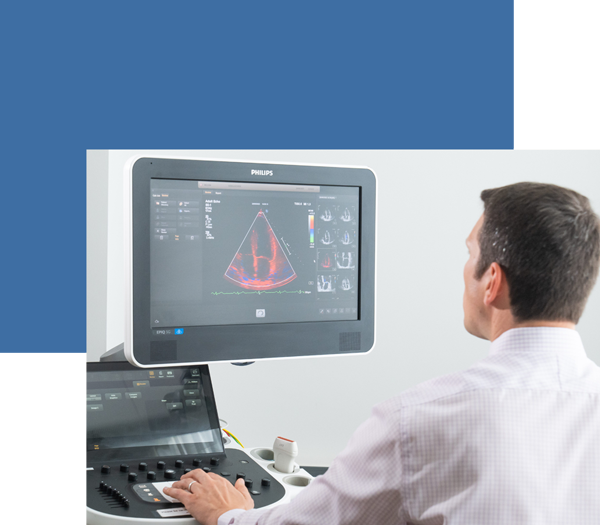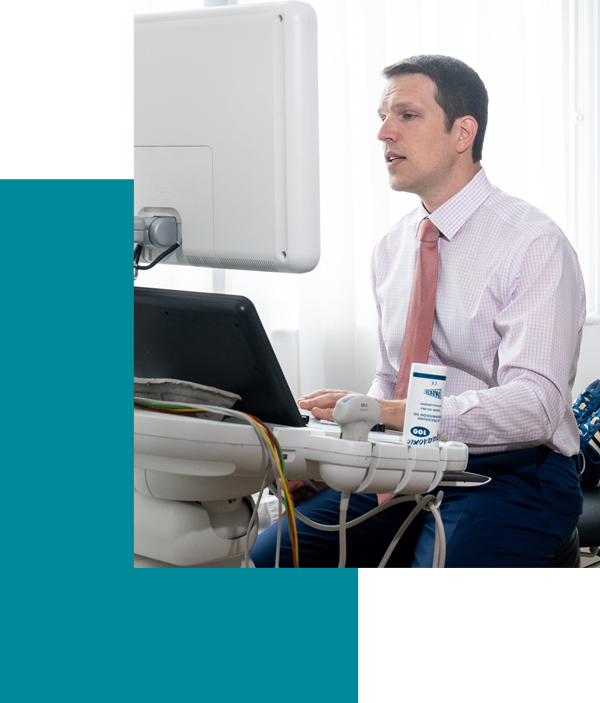Heart Valve Disease
Heart Valve Disease
What is Heart Valve Disease?
The heart has 4 valves, sitting at the exit of each of the 4 pumping chambers. The valves make sure that the blood is always pumped forward and doesn’t leak back. The blood therefore flows in one direction only, delivering oxygen and fuels to all parts of your body.
Heart Valve Disease is when 1 (or more) of your heart valves doesn’t work properly.
There are essentially 2 types of Heart Valve Disease:
The medical term for a valve that isn’t fully opening is: valve stenosis. The narrowed valve makes it a lot harder for the heart to pump blood through it.
The condition when a valve doesn’t close properly is known as: valve regurgitation. Some blood leaks back through the valve and less blood may get pumped out into the body.
Both, valve stenosis and regurgitation, put extra strain on the heart muscle. Over time, this can reduce and impair the heart’s pump function.
What causes Heart Valve Disease?
You can be born with Heart Valve Disease (congenital) or a normal valve can become damaged during your lifetime (acquired).
Unfortunately, it’s not always possible to establish the cause of your Heart Valve Disease.
There are many causes of Heart Valve Disease and may include the following:


How is Heart Valve Disease diagnosed?
Getting your diagnosis right, starts with asking lots of questions about your symptoms, followed by a thorough physical examination. I will listen to your heart with a stethoscope to check for a heart murmur. This could represent a valve that isn’t working properly.
After your physical examination, I may order further diagnostic tests such as:
How Is Heart Valve Disease Treated?
Heart Valve Disease can be divided into 3 categories: mild, moderate or severe.
Treatment is based on your test results and varies according to the level of severity.
If your heart valve is only mildly abnormal and you don’t have symptoms – you may not need any treatment at all. I recommend regular check-ups, in case your valve gets worse over time.
If you’re having symptoms, or if your valve problem is more serious, you may need more intensive treatment like:


Medication is not a cure for Heart Valve Disease, but it can often improve symptoms like breathing problems, palpitations or swollen ankles.
Surgery to repair, or replace, one of your Heart Valves may be necessary so your heart doesn’t get damaged. Repairing the Heart Valve may include reshaping of your valve or putting a ring around it.
Replacement surgery is performed when your valve can’t be repaired. It’s removed and replaced with an artificial valve (either biological or mechanical, depending on your needs and preferences).
For severe Aortic Valve Disease, a keyhole procedure can be offered. It’s an alternative to open-heart valve surgery. It’s called transcatheter aortic valve implantation (TAVI).
How do I live with Heart Valve Disease?
Many people with Heart Valve Disease live a normal life yet everybody experiences things differently.
To keep your heart healthy and happy, I always recommend to:
If you have Heart Valve Disease, it’s important to avoid heart problems – especially if your valve has been repaired or replaced.
Here are some tips that help you live with your heart valve problem:




